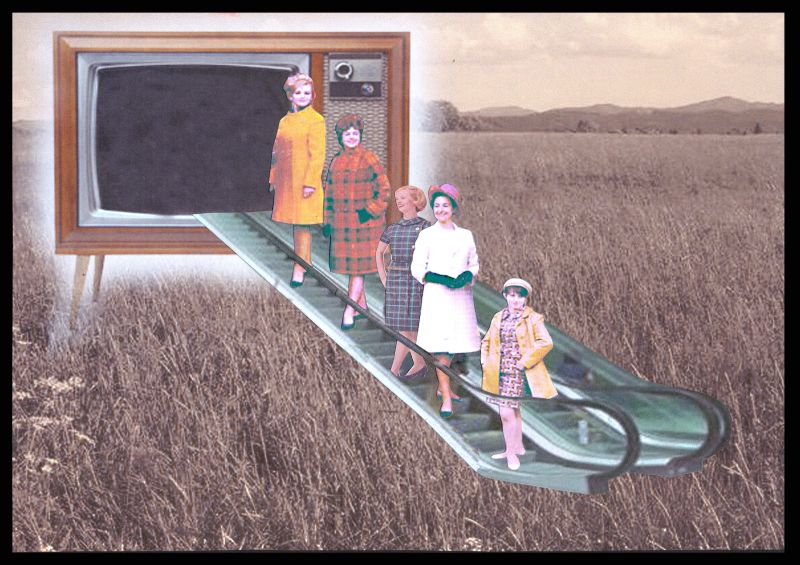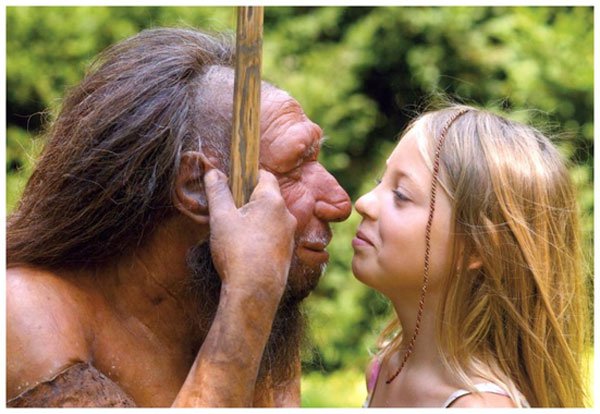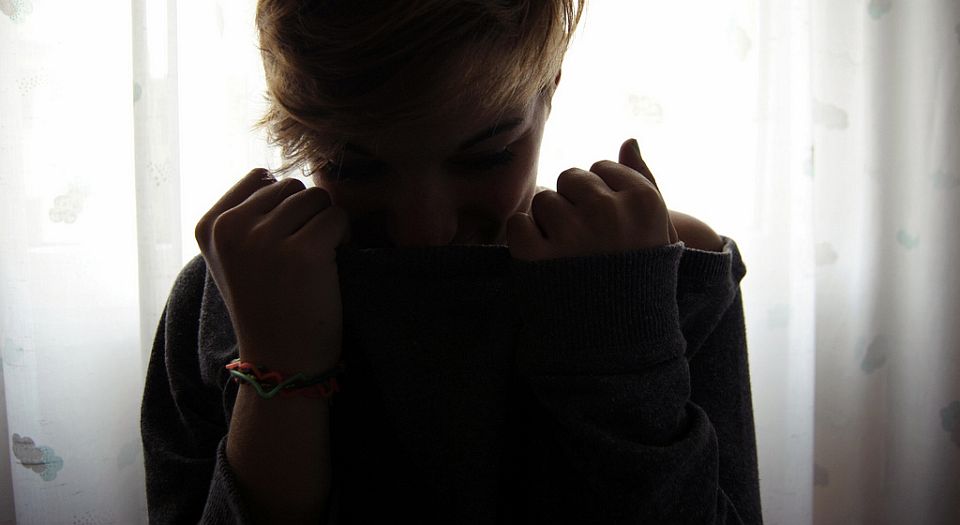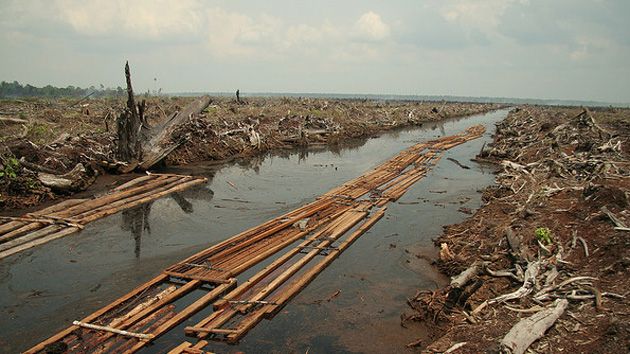
There is a common narrative that we broadly share without realising it. This narrative concerns how we live now in comparison to how we lived in the past.
It is an article of secular contemporary faith that our lives today are immeasurably better than they used to be. Thomas Hobbes writing in 1651 in Leviathan reflected that human nature unrestrained by society would inevitably be a savage dystopia, cold, hungry, tired and with constant violence one against against another.
In such condition there is no place for industry, because the fruit thereof is uncertain, and consequently no culture of the earth, no navigation nor the use of commodities that may be imported by sea, no commodious building, no instruments of moving and removing such things as require much force, no knowledge of the face of the earth, no account of time, no arts, no letters, no society, and which is worst of all, continual fear and danger of violent death, and the life of man, solitary, poor, nasty, brutish, and short
The Hobbesian view of human life before the ‘civilising’ influence of modern societal constructs has come to dominate popular thinking about our historical and pre-historical forebears. Our ancestors have had a 17th Century vision of hell pushed on to them and they are not here to argue about it. Happily, science has a way of humbling our lofty notions about ourselves and it seems our hunter / forager ancestors had it rather better than Hobbes ever knew.
It is now possible using modern archaeological techniques to uncover how human beings lived before the advent of agriculture. The results provide startling evidence that ancient tribes of humans had a much better life than many of us had assumed. Christopher Ryan and Cacilda Jetha wrote about this and many other aspects of the ‘standard narratives’ concerning prehistoric life in their bestselling book ‘Sex At Dawn’
Studies of prehistoric bones and teeth show ancient human life was marked by episodic fasts and feasts but prolonged periods of starvation were rare….being highly mobile, hunter gatherers were unlikely to suffer from prolonged starvation since in most cases they could simply move to areas where conditions were better.
Looking at the data that has been uncovered led Ryan and Jetha to this explosive conclusion:
Throughout the world, the shift to agriculture accompanied a dramatic drop in the quality of most people’s diet and overall health.
Although Sex At Dawn caused a storm in scientific circles when it was published in 2010, their view is neither novel or new. Indeed science has a tendency sometimes to support the prevailing views of society. (This is one of the reasons why the scientific consensus around climate change is so startling – Ed.)
Writing in Discovery Magazine back in 1999 – Jared Diamond called Agriculture “The Worst Mistake in the History of the Human Race”
Now archaeology is demolishing another sacred belief: that human history over the past million years has been a long tale of progress. In particular, recent discoveries suggest that the adoption of agriculture, supposedly our most decisive step toward a better life, was in many ways a catastrophe from which we have never recovered. With agriculture came the gross social and sexual inequality, the disease and despotism, that curse our existence.
he concluded thus:
Hunter-gatherers practiced the most successful and longest-lasting life style in human history. In contrast, we’re still struggling with the mess into which agriculture has tumbled us, and it’s unclear whether we can solve it.
It seems that many of our notions about ancient life are either hard to prove or when evidence does emerge not only wrong but indicative of a process that Ryan and Jetha dub ‘Flintstonization’.
This is the understandable human tendency to project the narratives and beliefs of our lives today backwards into history in a way that distorts the truth. So Fred Flintstone had a car and a doorbell and a wife – just like modern people do. It was just an older less sophisticated version of ourselves.
In this way we imagine that our hunter / gatherer ancestors would happily swap their miserable lives for our modern triumphs and that our ways are superior, inevitable, righteous and in tune with the laws of nature. Sadly, our modern contemporary societal norms are not necessarily any of these things.
The wealthy elites that own the modern world have a vested interest in selling you the idea that our modern lives are the flower of human progress – if we didn’t believe that, we might start asking questions.
Here are a few more aspects of the standard narrative that might surprise you:
.
- Our pre-historic ancestors lived shorter lives than we do. Nope – recent evidence suggests their life spans were comparable to our own
- ‘Primitive’ people lived ‘brutish’ lives always at each others throats, suffering from violence or the fear of violence. Nope – until the advent of agriculture and systems of enclosure there is scant evidence of war or violence between humans.
- Marriage and monogamy are the natural order of things. Nope – Sex At Dawn put forward a powerful and well researched alternative narrative in which lifelong monogamy is shown to be an unnatural, unhealthy creation of religious and market values – wholly at odds with our evolutionary history and biological imperatives.
.
It seems modern life has the gaudy shopfront sparkle of being an endless march towards progress but when one stops to think about it, the evidence is patchy and the veneer wafer thin. There are many powerful and simple challenges to the standard narrative of modern times. Here are a few more:
Think you understand the modern monetary system?
Did you know that by design it shovels money to the wealthy, inflates house prices, requires endless economic growth to retain even brief periods of stability, is corrupt and inevitably crashes every few years? A good start to your research can be found here.
Do you believe in the soft science of economics?
Did you know that the neoclassical school of economics is only a few decades old, was ruinously proved wrong during the 2007/8 financial crash and is based on some bizarre assumptions that very few people know about? This is the doctrine that shapes the modern world and purports to explain all human activity in terms of human consumption and utility. Are you aware that heterodox economists have offered a saner, sustainable and more coherent version of economic theory for many decades? A good start to your research can be found here.
What about psychotherapy?
One of the cornerstones of modern life is the trip to psychotherapists office. The grandfather of therapy is of course Sigmund Freud. You would be amazed how many assumptions about life come from the pen of Freud. Oedipus complex. Denial. Id, ego and super-ego. Libido. Death wishes. Anal retentiveness. Defence mechanisms. Displacement. Phallic symbols. Projection. Transference, Freudian slips and indeed the unconscious itself. Trouble is, his work has been widely debunked. The whole existence of a sub-conscious mind and the therapeutic process is ideology – not science. Even practising therapists wonder if their profession is a sticking plaster for a sick society or even an active contributor to an unhealthy collective obsession with our ‘inner worlds’. A good start to your research can be found here.
.
Modern life isn’t as great or as inevitable as you have been led to believe…
I don’t have the space in these articles to offer fully referenced and researched ripostes to all the narratives that underpin the status quo – it is enough to say for now that alternative narratives exist and thus we DO HAVE A CHOICE about what to believe.
The lack of collective awareness concerning the ideologies which define and dominate modern life is both extraordinary and depressing. Perhaps we can blame TV, and the corporate media for facilitating an embittered dream like state that so many people seem to walk around in. Lots of people are angry, but for the wrong reasons and at the wrong people.
Where did things like neoliberalism, consumerism and the values of market society come from? How do they fit with our human condition? Who measures their baleful impacts on human happiness, the environment and the rest of the natural world? What might we learn from the past if we stopped a moment to consider the lessons of history?
There is an ever growing mountain of evidence that suggests that modern life is unsustainable. Our ecosphere is being destroyed by an economic system that must double in size every twenty years or collapse. Our societies are losing social capital and becoming more atomised and anonymous. We face epidemics of addiction, loneliness (see also PDF Ed. ) and mental illness. We feel powerless in the face of forces that seem out of our control and deeply threatening.
We are destroying the natural world and replacing it with a population explosion, the ugly tat of neoliberal ‘development’ and degraded landscapes. A military industrial complex exports perpetual war to nation after nation. What freedom we enjoy is under threat from a gargantuan apparatus of surveillance that Edward Snowden exposed as having no democratic legal oversight.
Is this really the best we can come up with? When we hand on this world to our children will we do so with pride or with a resigned sense of shame and hopelessness? Will there even be a future for our great grandchildren?
Our global community is plagued by some deep rooted, complex and inter-locking crises. To address them will require some deeply radical thinking that must begin by identifying and questioning all of the shibboleths of modern life.
In my next article I will consider in more depth the ideology and values of the ‘market society’ we now live in. I outline how market values and market ideologies have come to dominate all areas of life and how a rejection of the neoliberal hegemony is the only way to save our souls and the environment.
Thanks for listening thus far.
Watch this space…





More Stories
Navalny’s death used to hide western failures in Ukraine and their support for Israel’s genocide
Gifts from Gaza
Vulture capital circles over the corpse of Ukraine…